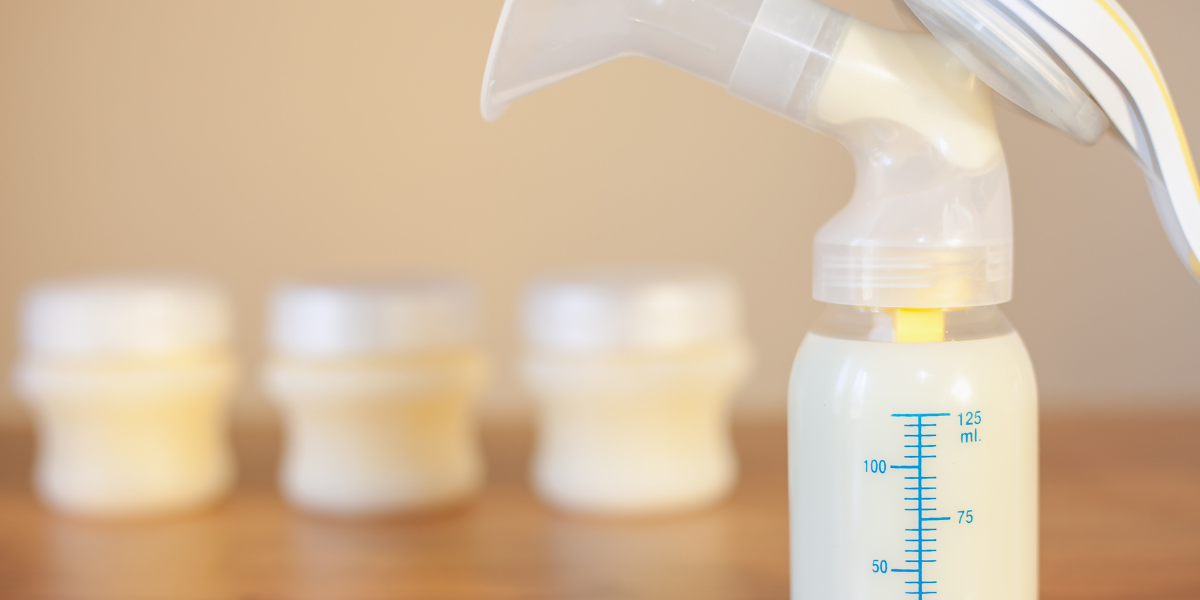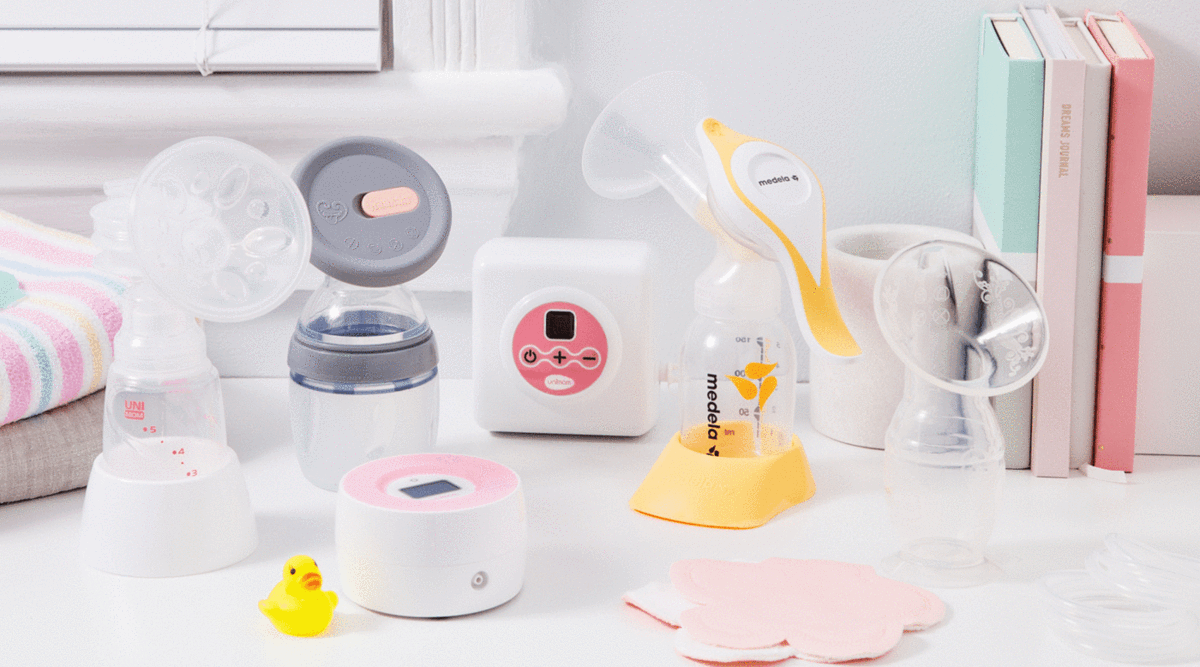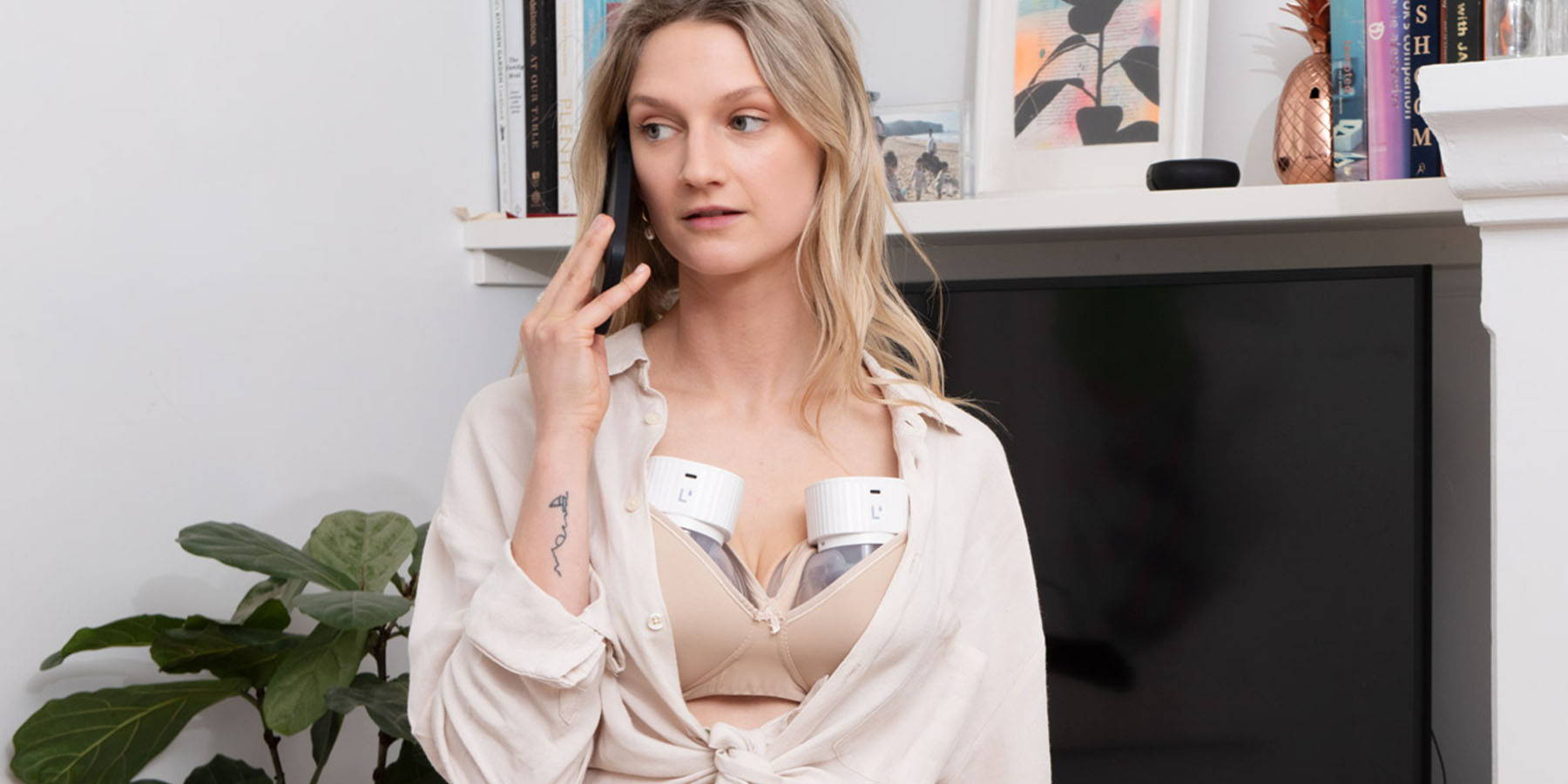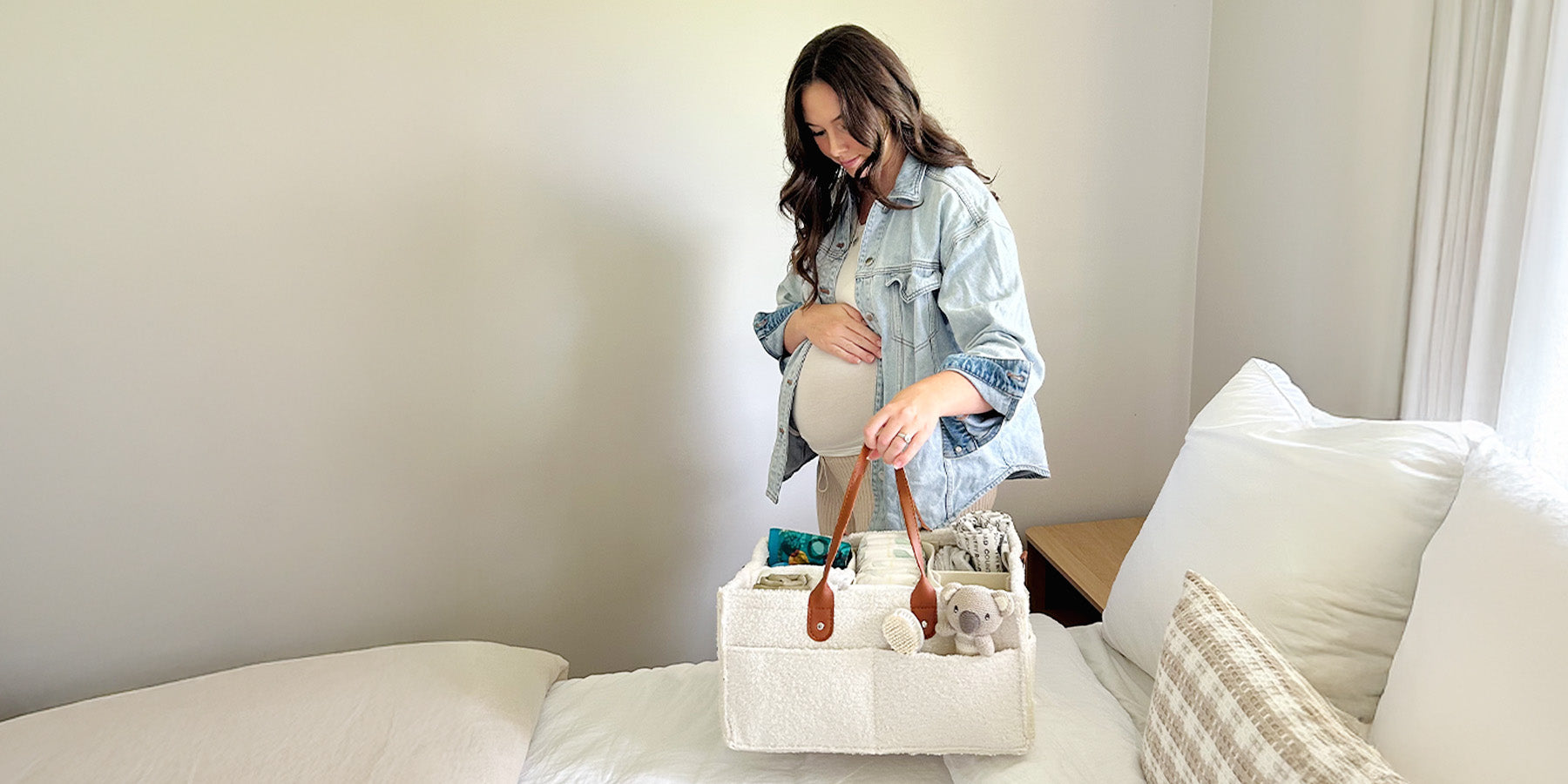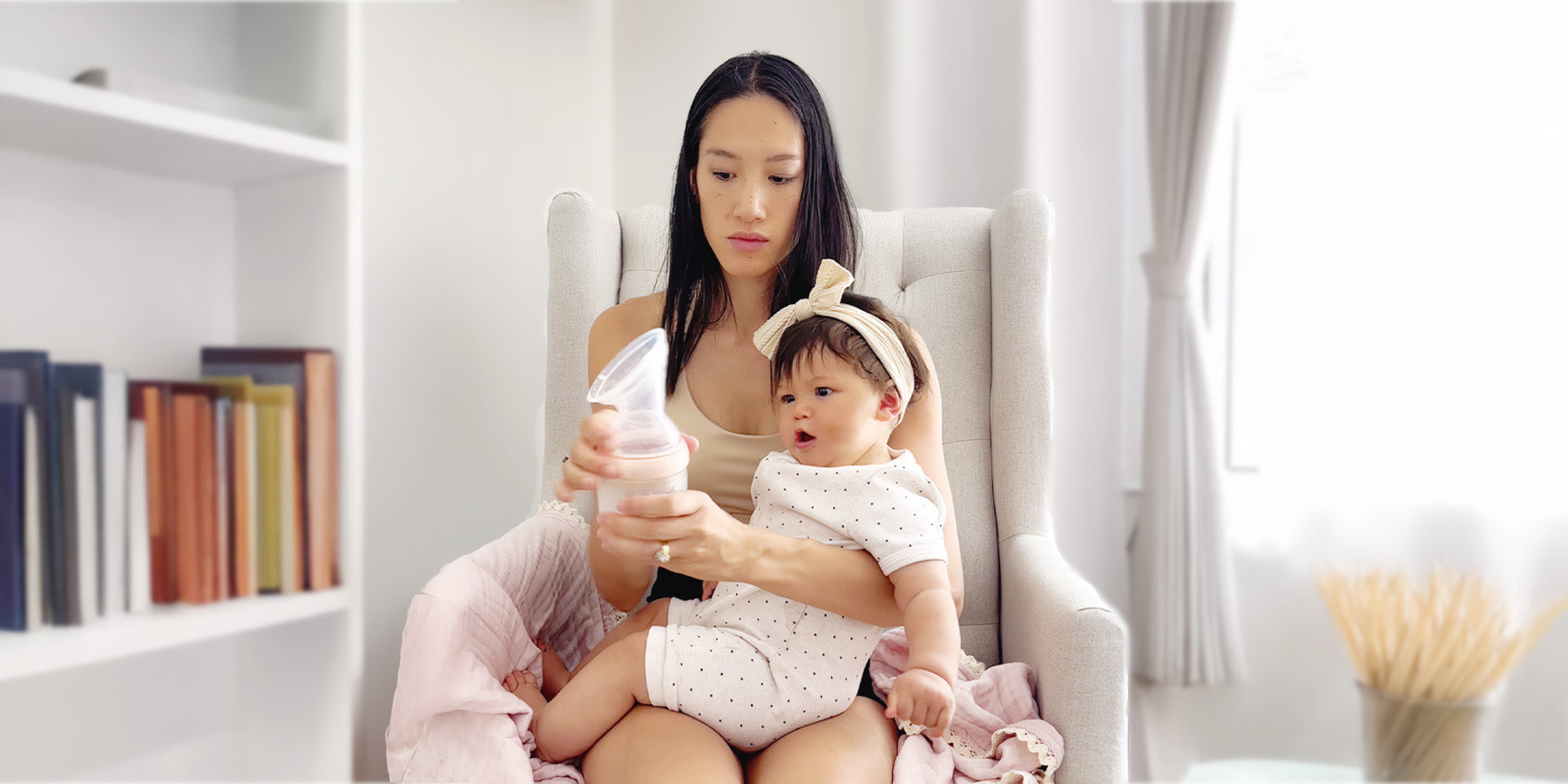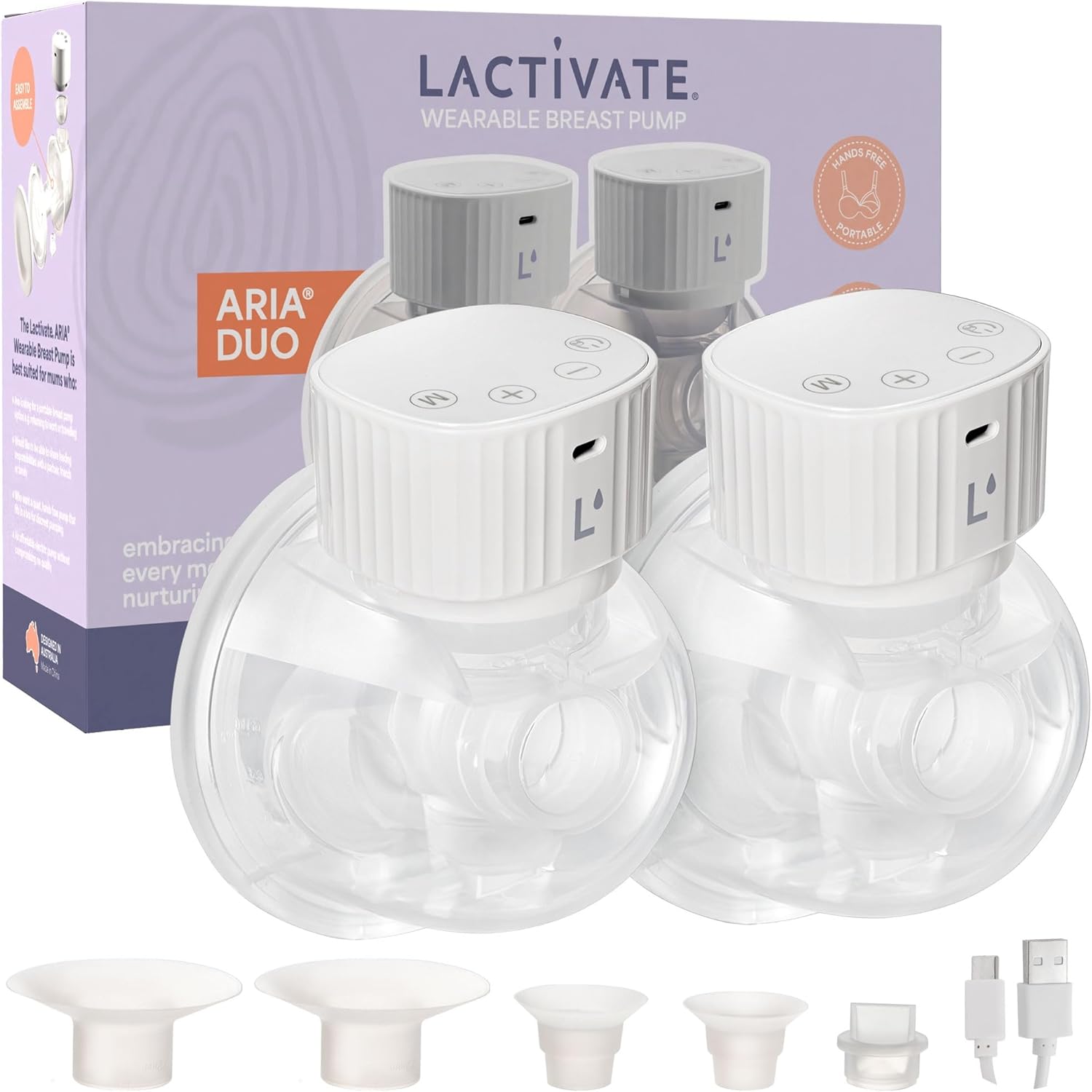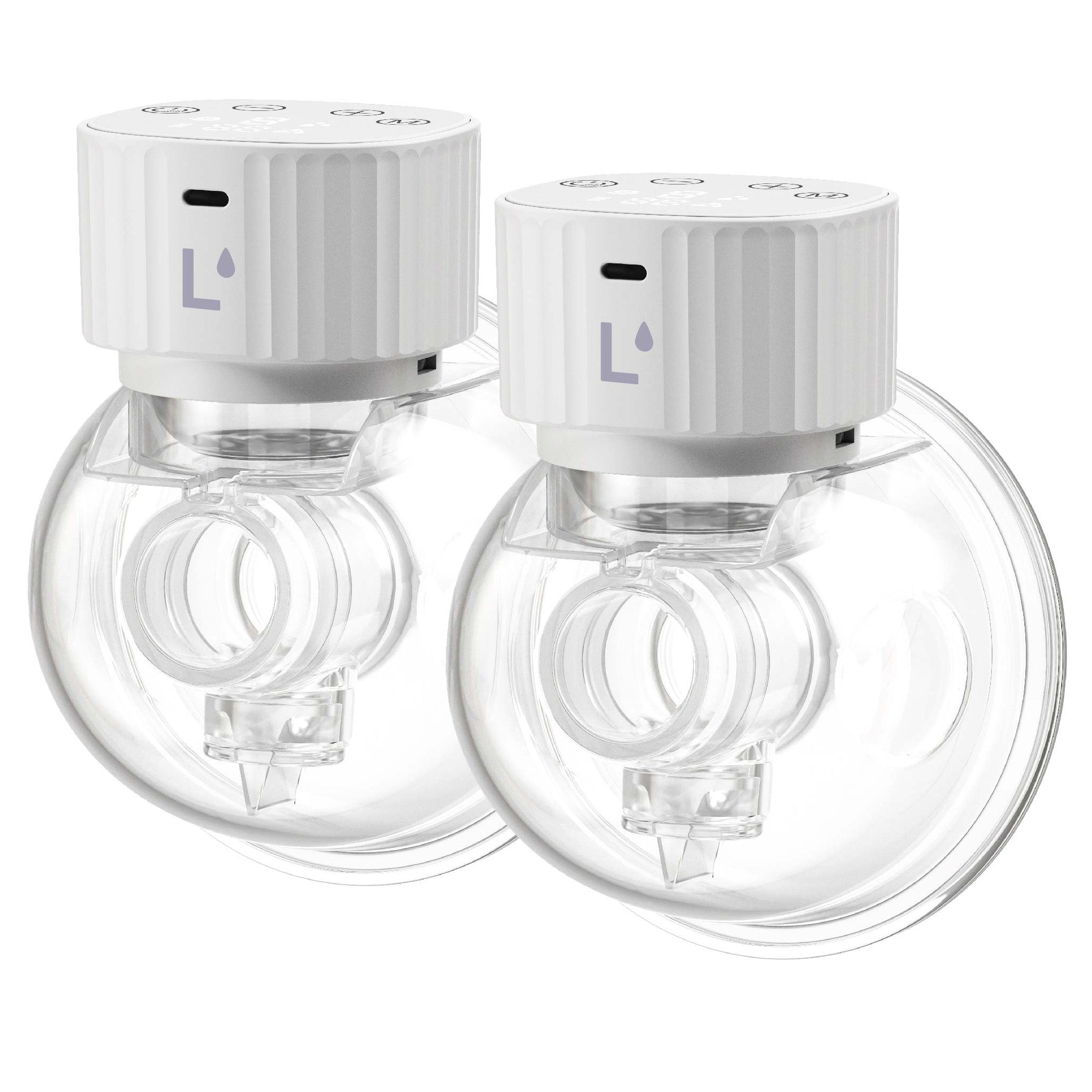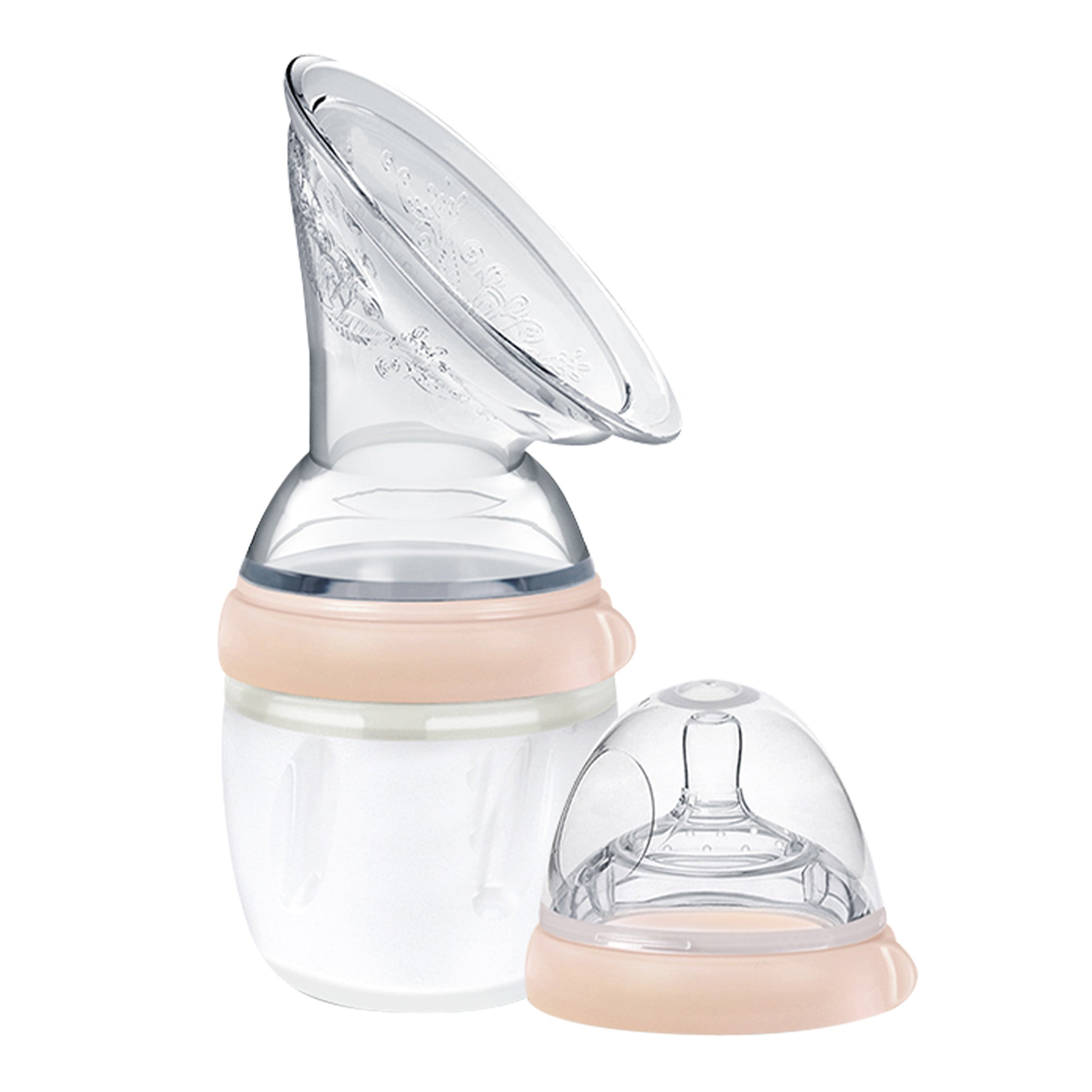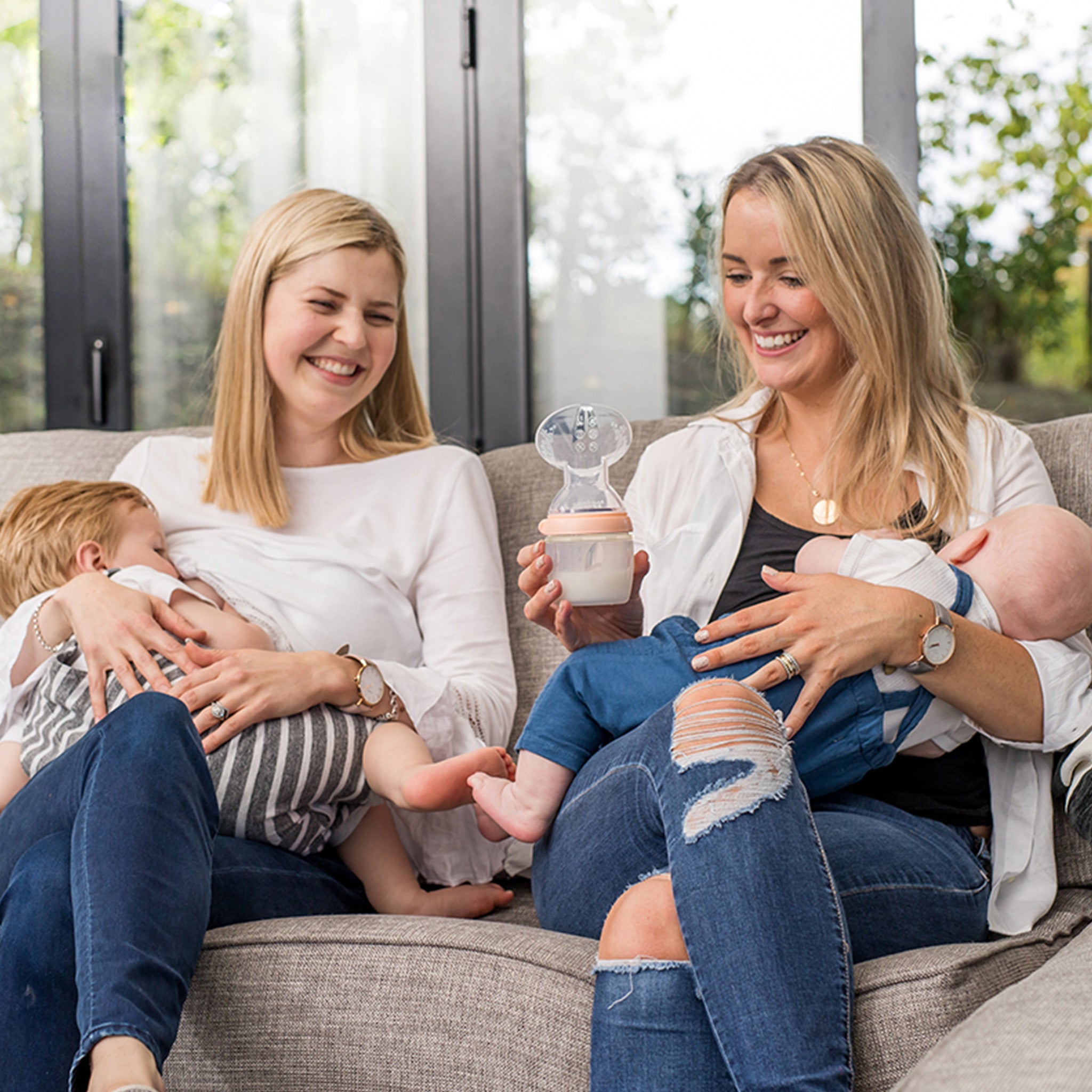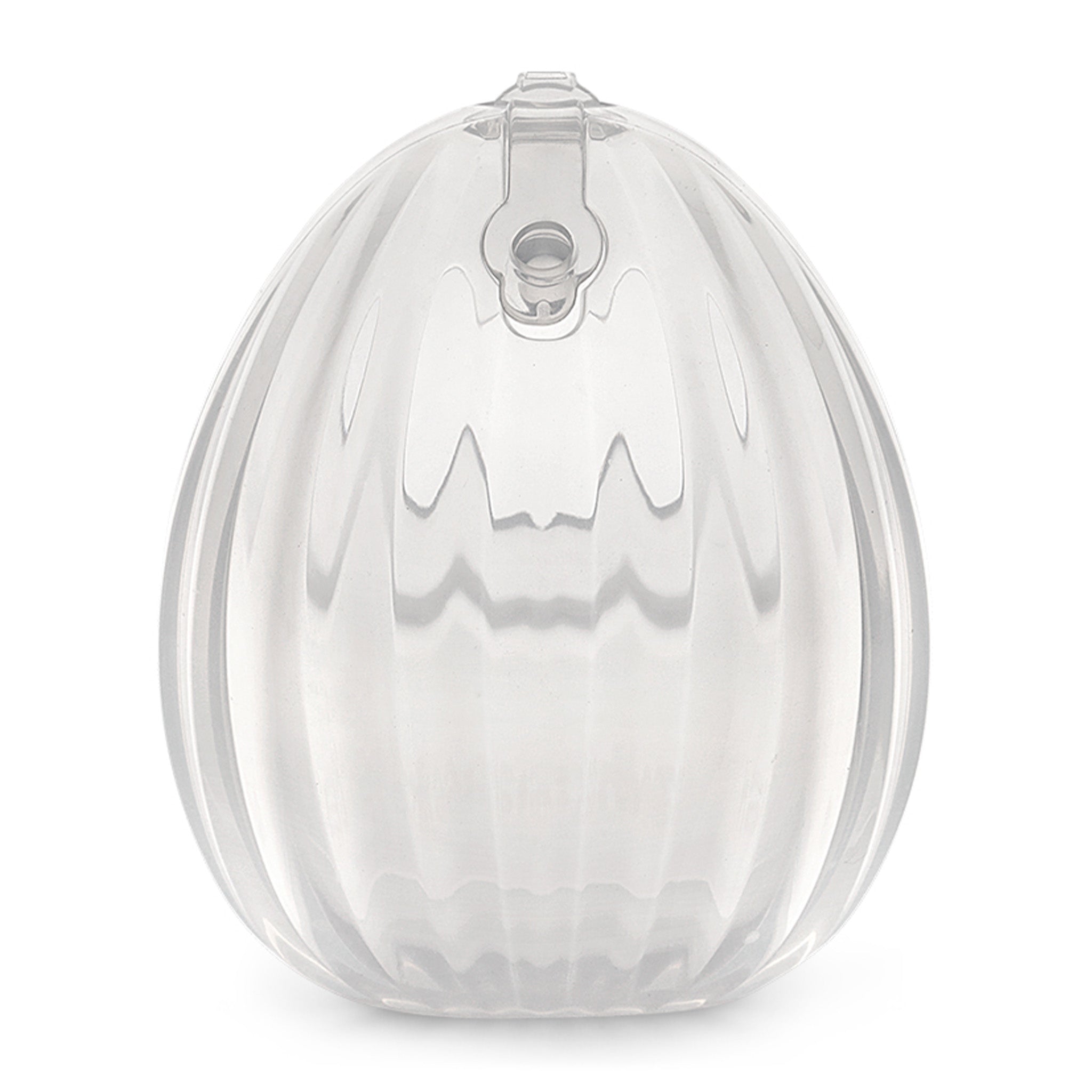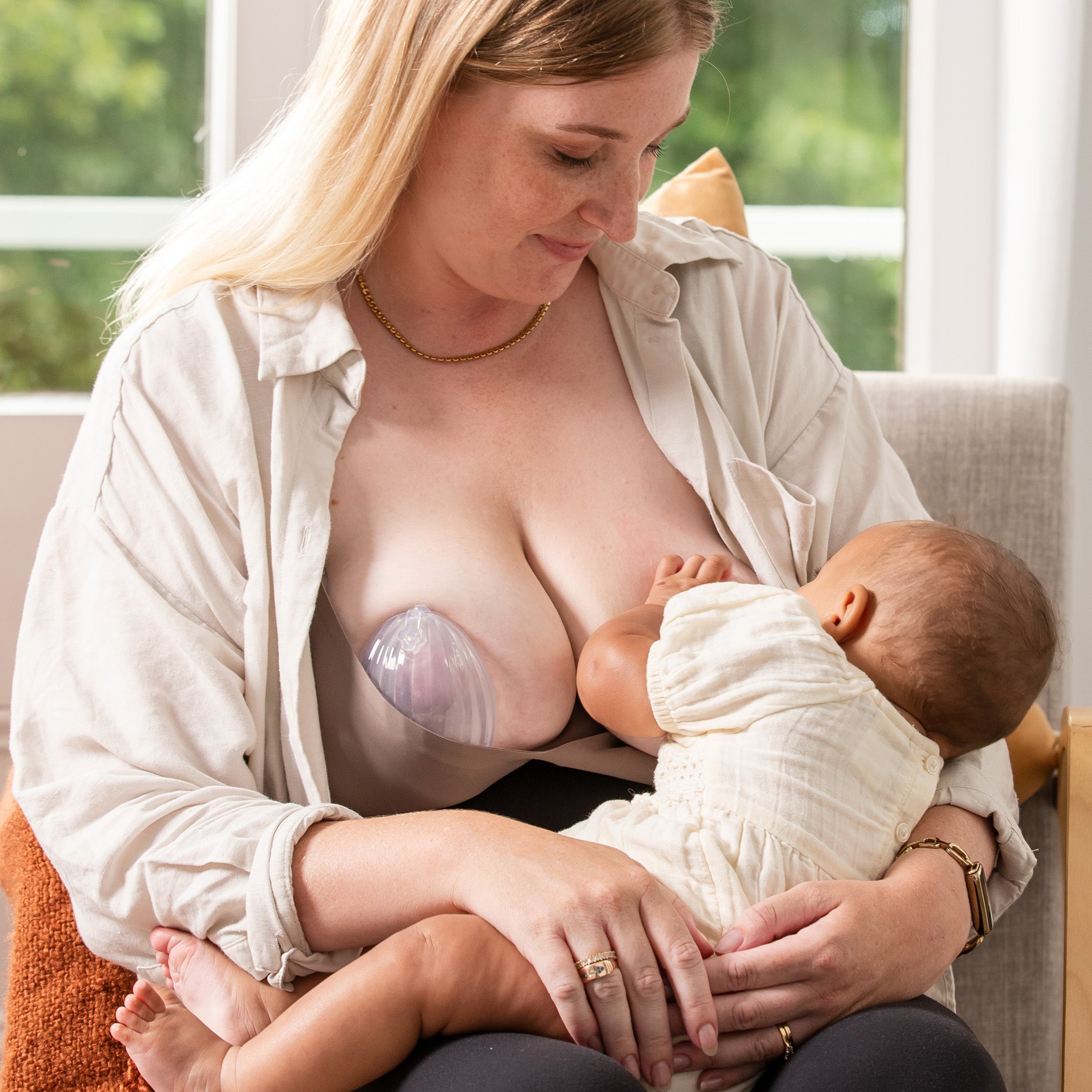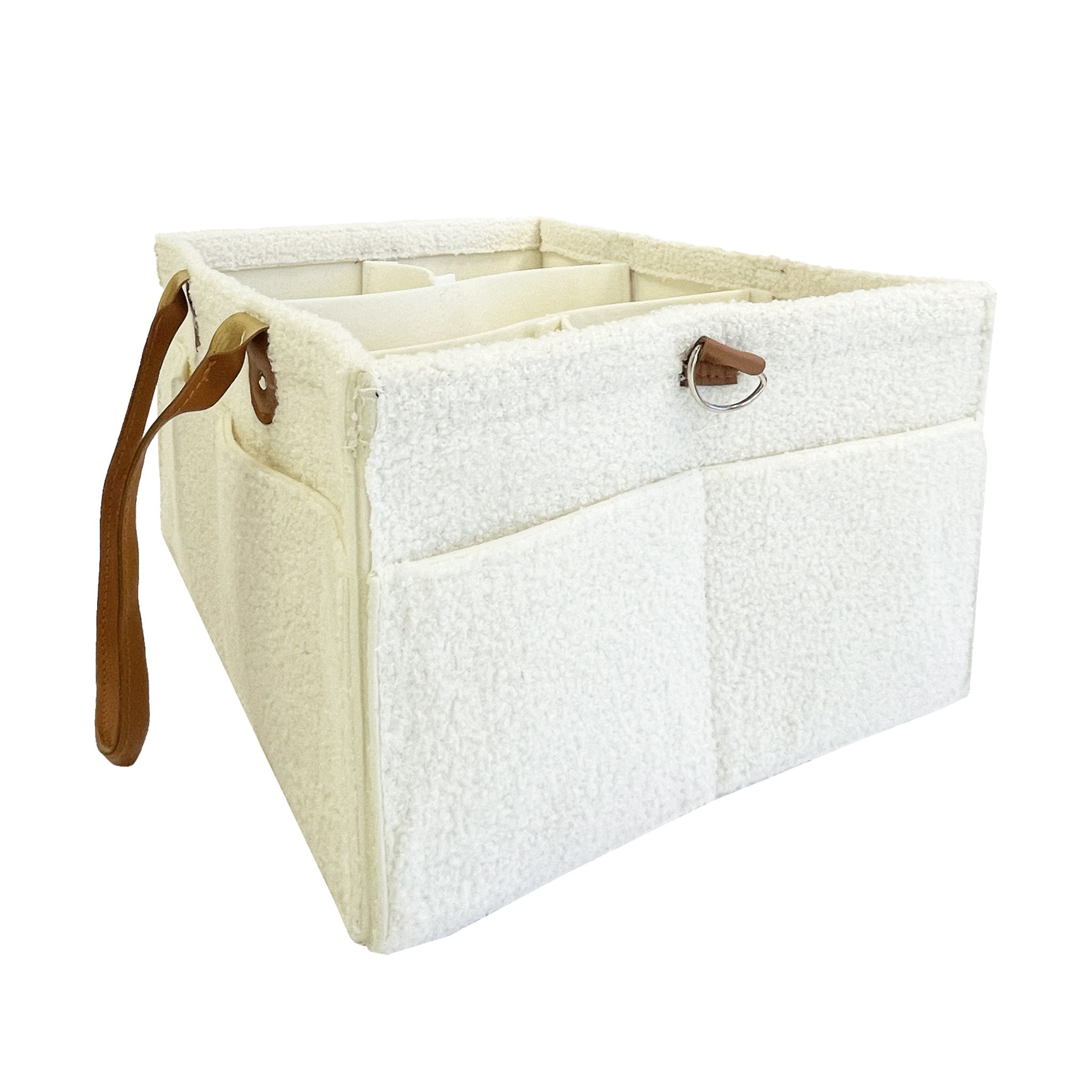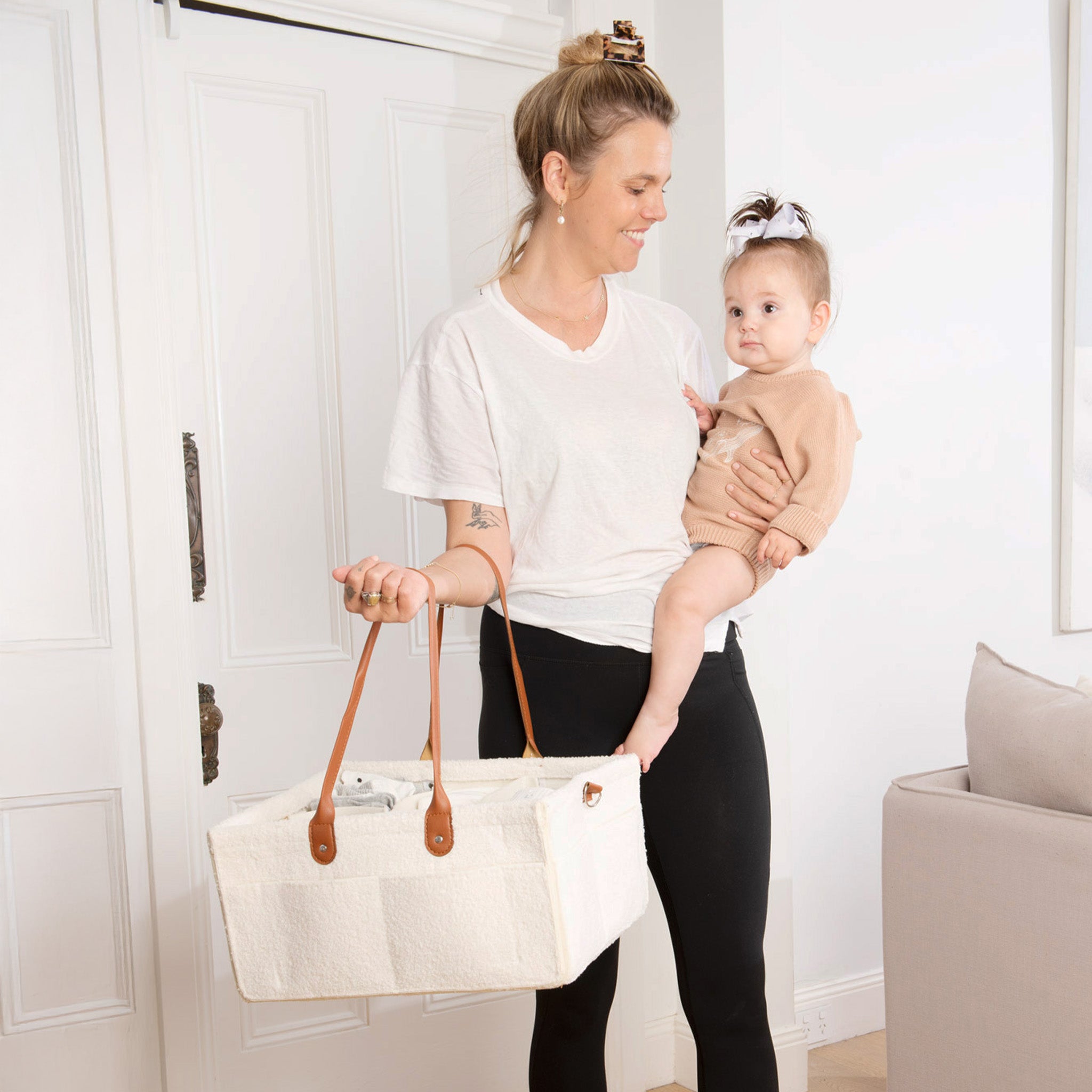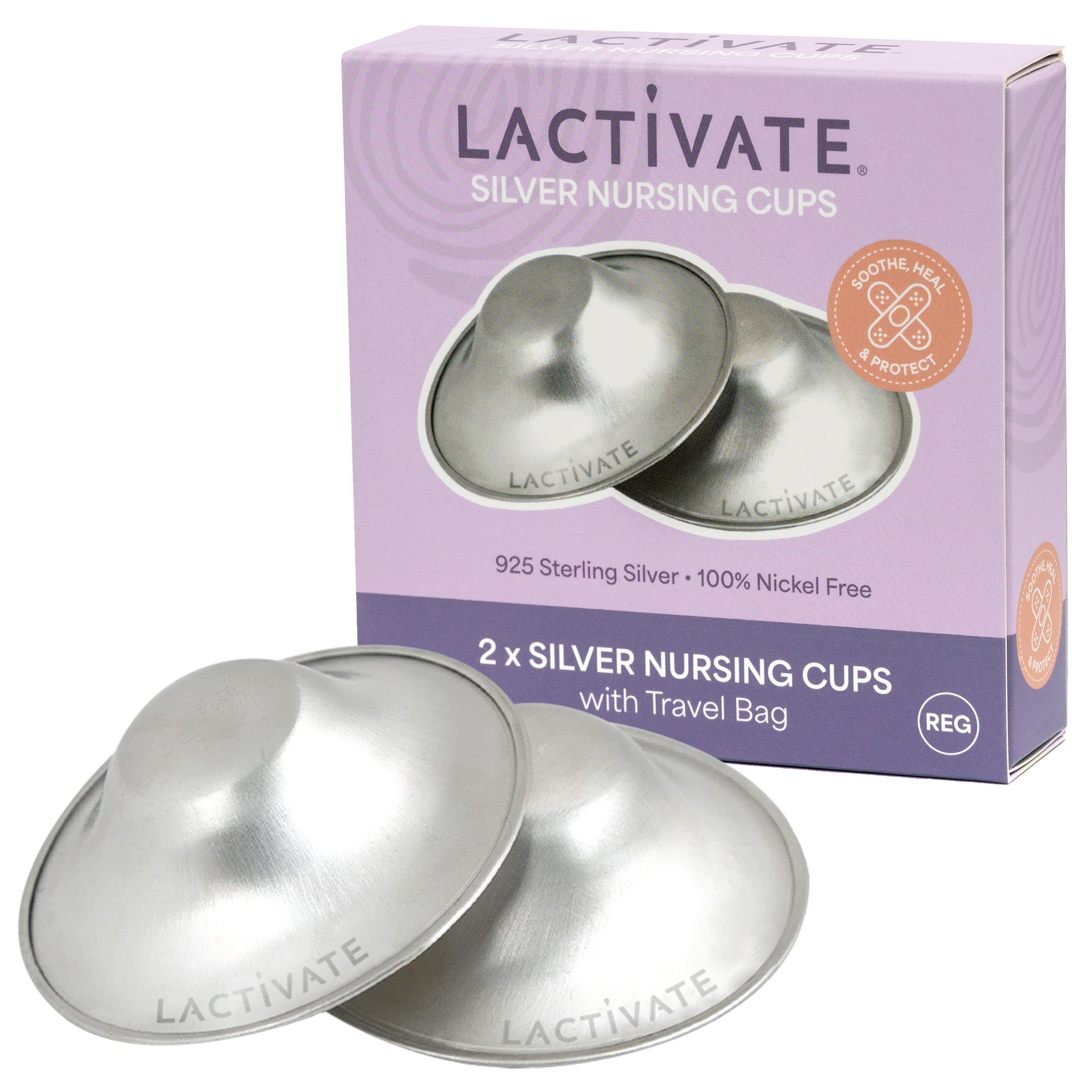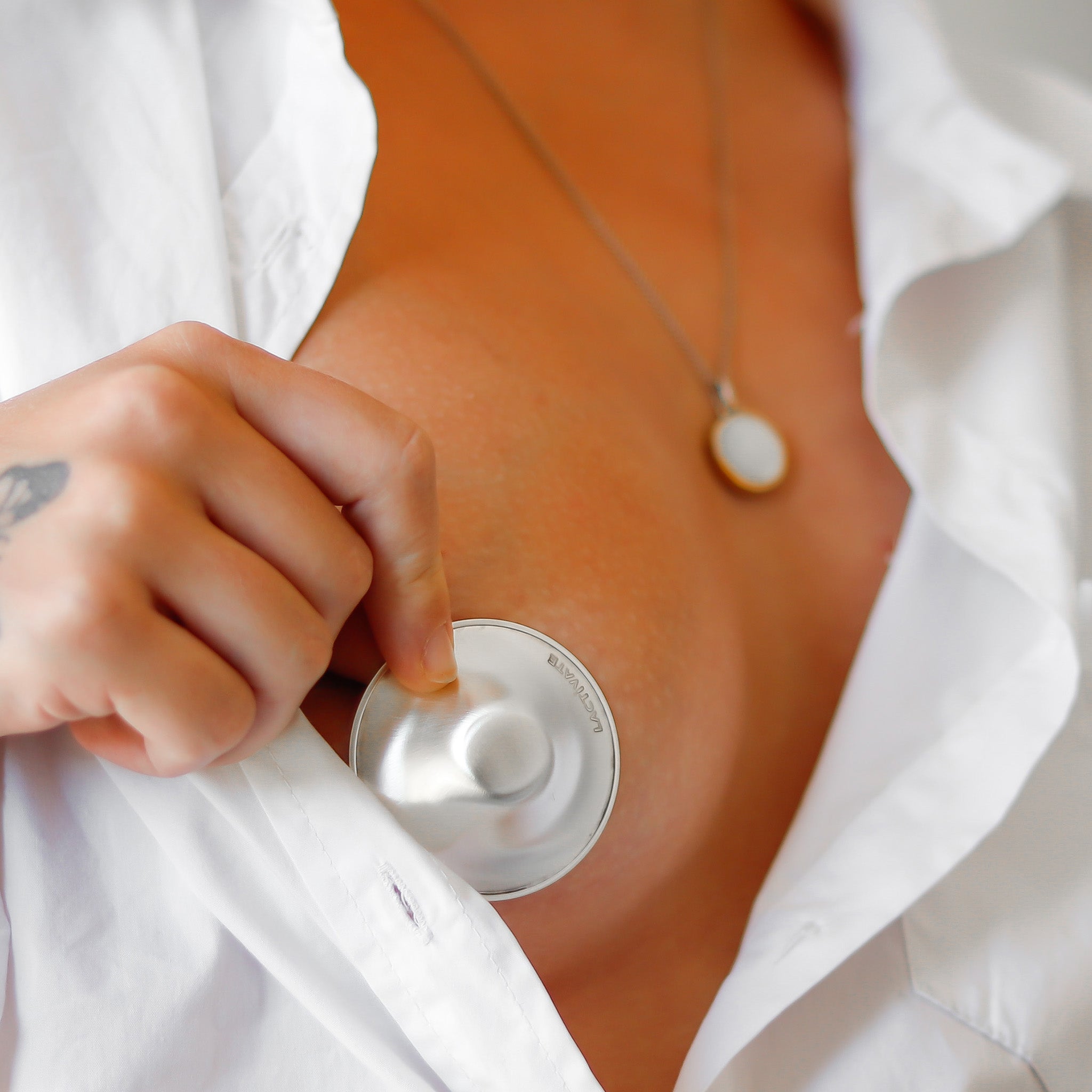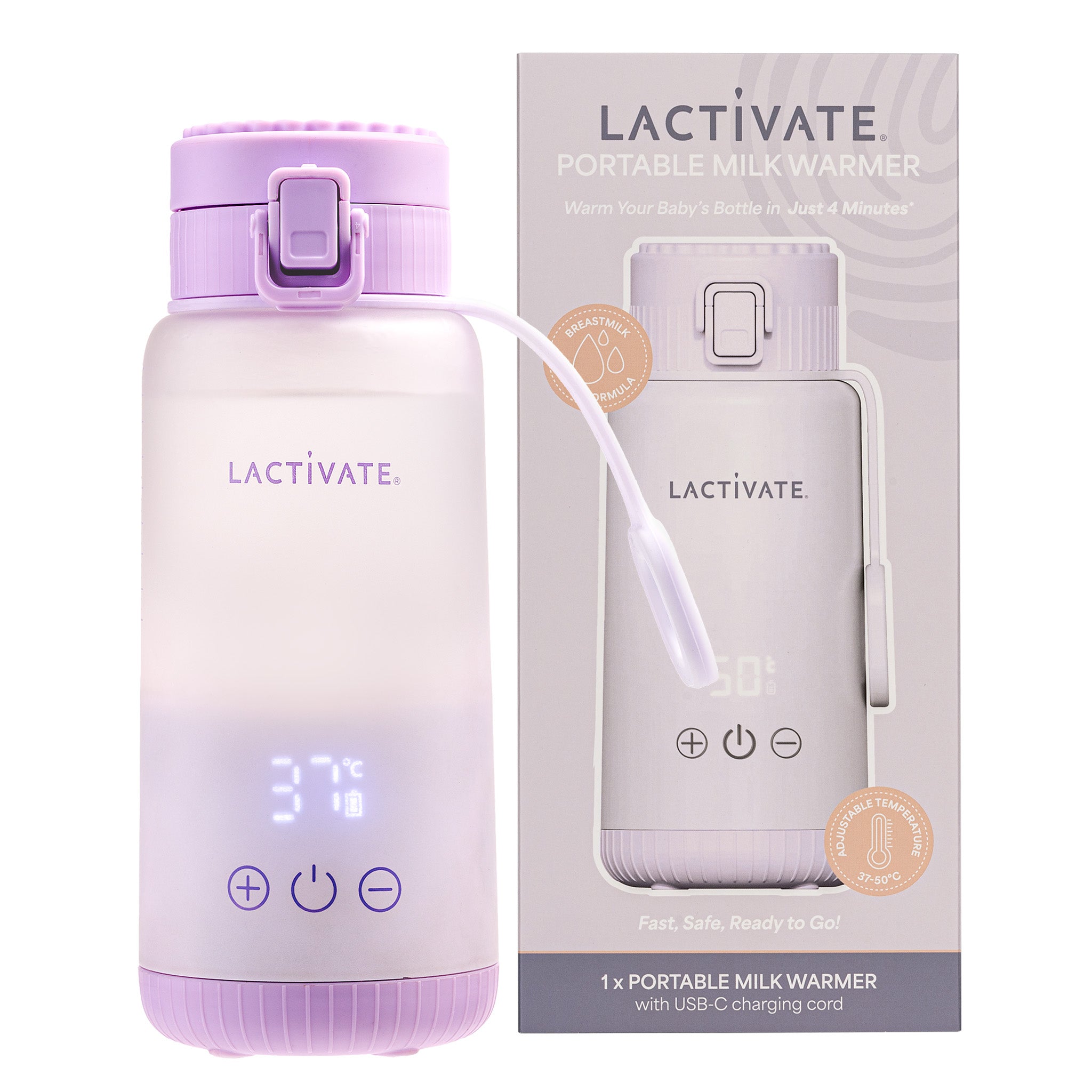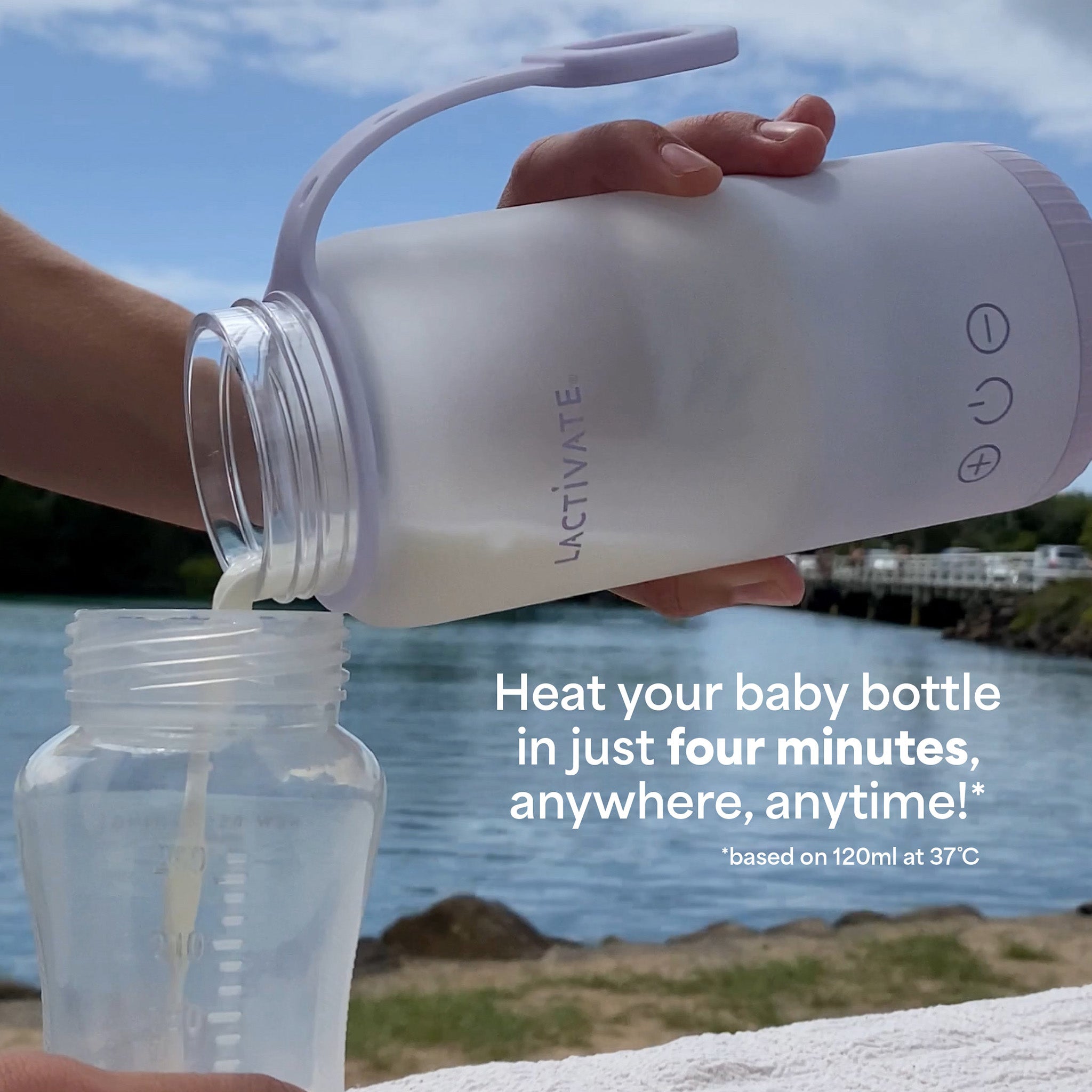While the majority of us have heard of (and donated!) blood, not as many of us will be familiar with breast milk donation. But, as shown by the latest statistics from The Red Cross Lifeblood, milk donation is increasingly becoming more common.
In 2019/2020 Lifeblood collected 3,280.82 litres of breast milk to help feed over 1,000 vulnerable babies in NICU's across New South Wales, Queensland and South Australia. Countless other parents benefitted from more informal, private milk sharing arrangements.

But how exactly does milk donation work and why is it so important? We spoke to Lifeblood and some mamas who have benefitted from informal milk sharing to get the lowdown.
Why share milk?
Milk sharing, in its most basic form, has actually been around for a very long time. Research has shown that our ancient, more primitive ancestors would share the care of their infants, while 'wet nurses' were a fixture of the early 1900s (though there is a hugely problematic sociocultural element to this practice but that is a story for another day!)
Modern day milk sharing, especially formal milk sharing via organisations like Red Cross Lifeblood, is a highly regulated donation scheme which helps provide breastmilk to Australia's most vulnerable babies; those born prematurely and being cared for in the Neonatal Intensive Care Unit (NICU). Red Cross Lifeblood currently supplies on demand breastmilk to 11 NICU's across New South Wales, South Australia and Townsville."

Image source: BabyGooRoo
“Premature babies face significant health challenges, and the World Health Organisation recommends feeding these tiny babies breast milk, as it may help reduce some of these risks,” says Milk Bank Manager, Chris Sulfaro. "A mother’s own milk may not always be available or limited and having donated breast milk available gives parents more options."
Milk sharing can also be more informal with parents organising privately to donate/receive milk. Facebook pages like Human Milk for Human Babies help match local donors and recipients who may be in need of breastmilk.
Becoming a milk donor
Unlike blood donation, where you can donate very regularly, breast milk donation is a little different. "Milk donors can only give milk for a relatively short period of time – until their own baby is 12 months old," says Chris. There is also an extensive screening process prior to milk actually being collected, tested and pasteurised.
To be able to donate donors must:
- Be over 18
- Be a non-smoker
- Consume a minimal amount of alcohol and not use recreational drugs
- Not have an infectious disease
- Not have lived in the UK between 1980-1996
- Have a baby younger than 12 months
- Not have received blood products within the last 12 months
- Have 3L or more of milk stored
It's important to note that Lifeblood, as an established donation body, has to abide by a very stringent range of protocols.

The rules around informal milk sharing arrangements are a bit different and are usually established privately between the donor and recipient and what they both feel comfortable with (i.e some recipients may require milk that is dairy free or prefer donors are not taking any medication etc where as others may be comfortable with that and just require that donors don't smoke for example).
How do I become a donor?
If you meet the Lifeblood criteria and live in metropolitan Sydney, Brisbane or Adelaide, you can apply to become a milk donor HERE.
Donors are able to pump and store their expressed milk at home in the sterile bags provided. Once a donor has pumped 3L (or more) they can arrange for collection. The milk is then taken to the Milk Bank in Sydney where it is pasteurised, to destroy potentially harmful bacteria and viruses, before being frozen at -18ºC. It can then be stored for up to 3 months, unless requested by a NICU.
To become involved as a donor through Human Milk for Human Babies or similar, you can join the Facebook page for your state/local area. Once you've joined the page you can also find donors if you're looking for milk for your own baby.
Jade's milk sharing story

After giving birth to twins girls who required a stay in special care, Jade began supplementing her bubs with milk donated by a friend before finding donors on Human Milk For Human Babies.
"My milk sharing experience first started when my twin girls were in special care. The girls were being tube fed and I had to exclusively pump for their feeds. As my milk was coming in and their feed quantities went up, I wasn't quite making enough so my best friend with a baby stepped in with her milk. That got me by for a few days so that I was able to catch up. I made enough for the next few weeks until the girls came home and I fell short again as they still needed top ups after each breastfeed as they weren't strong enough for full breastfeeds yet, and we needed to increase weight gains.
For more information on milk sharing, please visit Red Cross Lifeblood or check out the Human Milk for Human Babies pages on Facebook (search for 'Human Milk for Human Babies')

